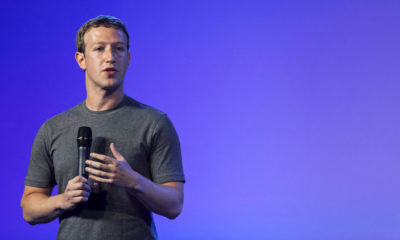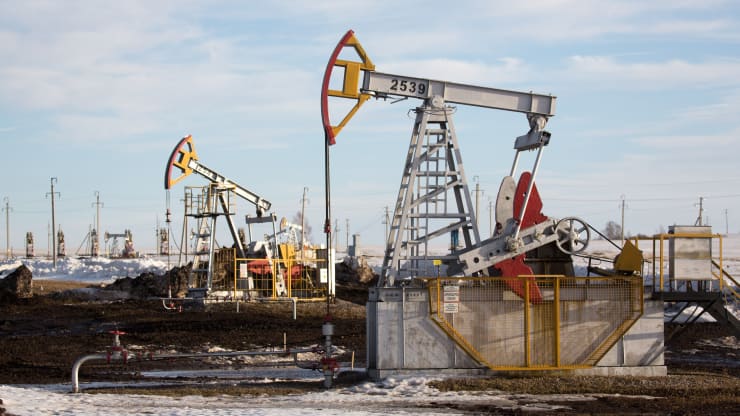Zuckerberg Pledges Support for Nigerian Tech Startups, SMEs
The founder and Chief Executive Officer of Facebook, Mark Zuckerberg, wednesday assured Nigerian technology startups and the Small and Medium Enterprises (SMEs) in Nigeria of Facebook’s support that will enhance easy access and connectivity to the internet.
Zuckerberg, who made the pledge in Lagos while addressing technology startups on the second day of his visit to Nigeria, said Nigerian, which is the largest African market for Facebook, currently has 18 million people that are connected to Facebook, while the global figure of Facebook account is close to two billion people.
He said supporting SMEs in Nigeria and Africa is key to economic development because SMEs drive economies, and that Facebook has created 16 million free pages on the Facebook platform for SME business globally.
Excited at his visit to Nigeria, Zuckerberg said he specifically visited Nigeria to meet with technology startups and to share in the views about various software apps they have developed to address immediate and long term challenges in the country.
“Nigeria currently has 18 million people on Facebook, that interact and do different kinds of online businesses, among them are SMEs and Facebook is willing to support them to populate their numbers and provide easy access to connectivity and the internet,” Zuckerberg said during the question and answer session he had with startups and software developers in Lagos.
He however challenged the Nigerian government to reduce cost of internet access, and to create more access to internet for her citizens, as well as raise awareness campaign on the benefits of the internet, especially for rural dwellers.
He called for infrastructural development on the African continent and challenged software developers to focus more on local content in building apps that will address specific needs.
Facebook’s Director of Global Product Partnerships, Ime Archibong, who coordinated the developers, said: “When I came to Lagos back in May this year, I was really struck by the energy of the tech scene in Lagos, and by how many of the developers were building relevant apps. As someone with strong links to Nigeria, I have been trying to expose Mark to this ecosystem for a while, and I am very excited for him to be able to come to Nigeria to meet some of Nigeria’s top entrepreneurs and apps developers.”
While stressing the need to develop apps using local contents, Zuckerberg said building content should be a priority for Nigerian apps developers so that there could be variety of apps that could work with different technologies like 2G, 3G, and 4G.
Making some clarifications about Facebook Messenger and WhatsApp, Zuckerberg said both are two different platforms, even though they are related in the area of text messages.
He promised to populate both platforms and make them learning and training platforms.
He said language remained key to communication and that Facebook would continue to extend the language of communication on the Facebook platform. According to him, Facebook is currently working hard to bring additional 10 languages on the Facebook platform.
Speaking on the success of Facebook and its future projection, Zuckerberg said predictions of the future is best articulated by creating and self determination.
Admitting that his visit to Nigeria was unannounced and without government preparation for any kind of reception, Zuckerberg said his visit was primarily based on meeting the technology startups in Nigeria, having heard so much about their zeal for fantastic apps development.




 Naira4 weeks ago
Naira4 weeks ago


 Naira4 weeks ago
Naira4 weeks ago


 Travel4 weeks ago
Travel4 weeks ago
 Naira3 weeks ago
Naira3 weeks ago


 Jobs4 weeks ago
Jobs4 weeks ago
 Naira4 weeks ago
Naira4 weeks ago
 Investment4 weeks ago
Investment4 weeks ago
 Travel4 weeks ago
Travel4 weeks ago















